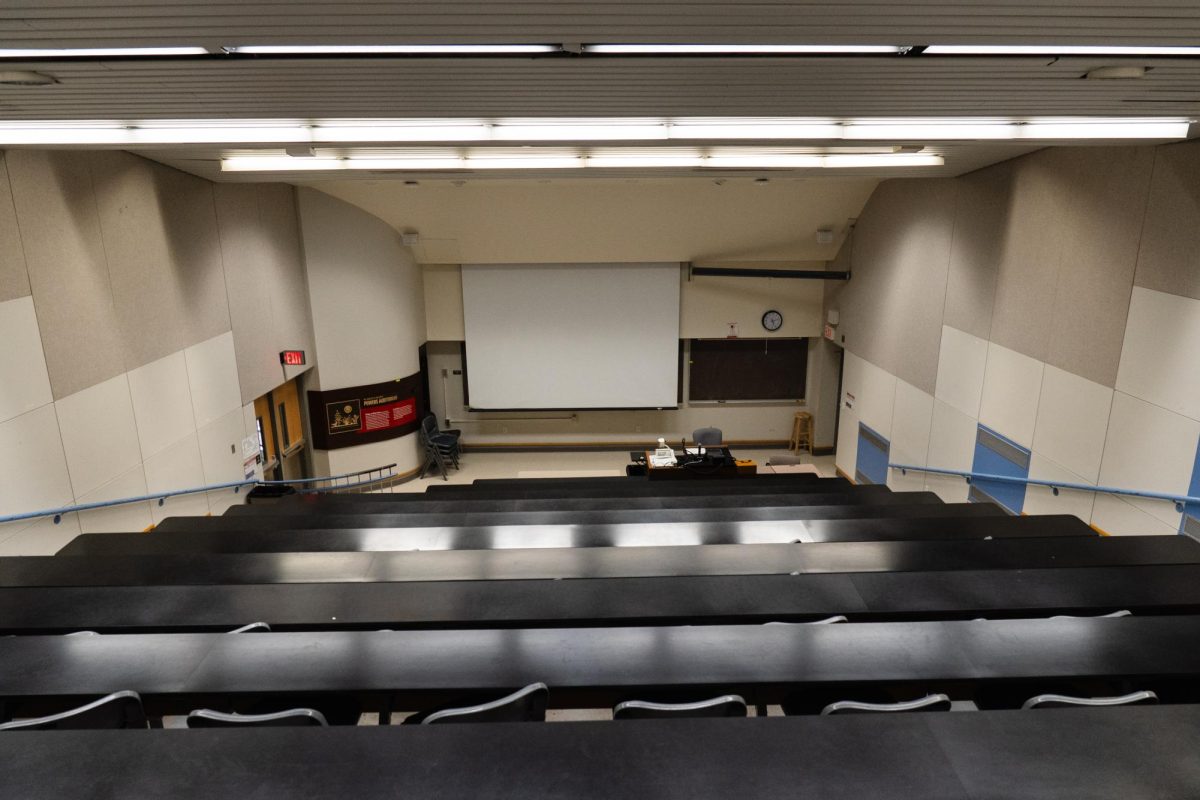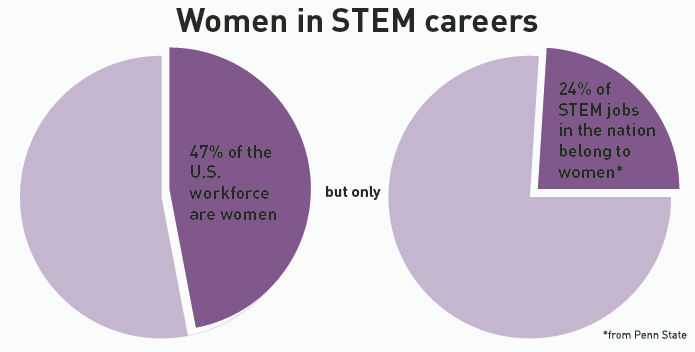A bill to stipulate the number of members on the Iowa Board of Regents, how university presidents are appointed and more has passed the Iowa House and currently sits in the Senate Education Committee.
The Higher Education Reform Act of 2024, House File 2558, addresses topics in higher education, including proposing diversity, equity and inclusion (DEI) directives set by the Board of Regents into law and setting a cap for tuition and fees.
The bill was passed by the House Education Committee on Feb. 13 with amendments regarding Iowa community colleges, public and private universities, and it was passed by the House on Feb. 29 with a 56-39 vote.
The bill is yet to be assigned to a subcommittee. Once heard by the subcommittee, the bill can be voted on by the Senate Education Committee. The bill must pass next week to make it past the second funnel.
Board makeup
The bill proposes changes to the makeup of the Iowa Board of Regents, including changing voting members’ terms to four years from the current six-year terms.
Board members are appointed by the governor and approved by the Senate. The bill proposes Senate approval of the board president.
New administrative positions, which include roles with position titles of vice president, assistant vice president, or associate vice president, would require board approval, too.
The bill proposes adding two non-voting ex-officio members to the Board of Regents from the General Assembly. The two ex officios would be designated by the speaker of the house and the Senate majority leader.
The bill also would create a committee to select a pool of candidates to serve as president at regent institutions in the event of a vacancy. The names of the candidates would remain confidential and the new president would have to come from the pool of recommended candidates.
The selection committee would be made up of board members, which could include the legislators who sit on the committee.
DEI directives
The higher education bill would make diversity, equity and inclusion efforts (DEI) directives from the Board of Regents law, including:
- The elimination of DEI programs not required for accreditation,
- Efforts to make sure DEI programs are available to all students,
- Efforts to make sure there are no requirements to submit a DEI statement,
- Efforts to make sure faculty, students or visitors are not compelled to disclose pronouns,
- The prohibition of consideration of race and other protected characteristics during the admissions process,
- A requirement that institutions follow state law regardless of rules or directives from accrediting agencies,
- A requirement that all students at regents institutions complete a three-credit course devoted to American history and civics, and the course is subject to approval by the board,
- Regular review by state universities of the services provided by offices that support diversity or multicultural affairs to ensure that such services are available to all students, subject to applicable federal or state eligibility requirements.
- A requirement that each regent institution “initiate and conduct a review of general education categories related to diversity, equity and inclusion and update such categories to accurately reflect the array of options students may select in order to satisfy the requirements associated with such categories and to ensure a breadth of offerings.”
- Requirement that universities update promotional and informational materials, including websites, to clarify that the mission of offices supporting diversity or multicultural affairs is to “support success broadly.”
DEI changes would have to be implemented on or before Dec. 31, 2024.
Tuition cap
The bill would cap in-state tuition and fee increases at 3%.
A comprehensive study would be initiated with the bill’s passage to be presented in November. The study would look at cost-reducing measures, methods of maintaining tuition and fees and keeping non-instructional costs below 10% of budgets.
Other parts of the bill
Lawmakers in support of the bill support a test developed by Classic Learning Test to be accepted as part of the regent admission index prior to the 2025-26 school year.
Classic Learning Test is commonly taken by students who attend private schools or are home-schooled. Florida was the first state to accept the Classic Learning Test on a wide scale, according to NPR.
The bill would also limit the Faculty Senate to an advisory role and prevent governance authority over the institution.
The bill would also require the development of a proposed degree that requires no more than 90 hours of classroom work, not to implement the program but just to develop it.
The bill would prohibit “Confucius Institutes” or any other educational institute funded in whole or in part by the People’s Republic of China to be located on property owned by regent institutions.
The Legislative Services Agency fiscal note found there are no known Confucius Institutes or educational institutes funded by the People’s Republic of China currently located on any property owned by an institution of higher education under the control of the board.
Josh Lehman, senior communications director for the Iowa Board of Regents, said the board will work with the Legislature as the bill continues.
“We will continue to follow and track the bill as it moves through the legislative process and as with any issue related to higher education, we will continue to work with the Legislature,” Lehman said.
When asked about the issues that could be presented by changing the number of meetings in a year or the number of members on the board, Lehman said “Without getting into the specifics of the legislation, it’s continuing to move through the legislative process, and we will continue to work directly with legislators on the specifics of the bill as it moves its way through.”
Diversity editor Ella Slade contributed to this story.

























Phil | Mar 20, 2024 at 9:27 am
This is government overreach at its worst. State legislators on the Board of Regents? Why is this even needed? The governor already wields great power through the very right of selecting members to the Board.
According to a recent Chronicle of Higher Ed article, “At some institutions, DEI offices focus primarily on community engagement and dialogue…Elsewhere, diversity staff members aim to ensure fairness in admissions, instruction, recruitment, and hiring, or they focus on compliance with civil-rights statutes like Title IX, the gender-equity law. What such employees don’t typically do…is ‘provide direct instruction to students, let alone indoctrinate them into any set of beliefs.'”
DEI facts: DEI programs ARE available to all students, but certain folks would have the public believe otherwise. There are NO requirements to disclose pronouns, nor would there ever be (see 1st Amendment). The reason DEI should exist is that people are STILL discriminated against and have systemic hurdles that are STILL very real. Despite what the legislature seems to think, this is NOT a post-racial society. The fact of the matter is the legislature is interested in ideological hegemony, a hegemony that is interested in (white male Christian) power and a homogeneous society. As they slowly strip away the rights of others in this state, the brain drain will continue. Who in underserved and/or legislatively underrepresented populations would want to live in this state if those in power are not interested in having them?